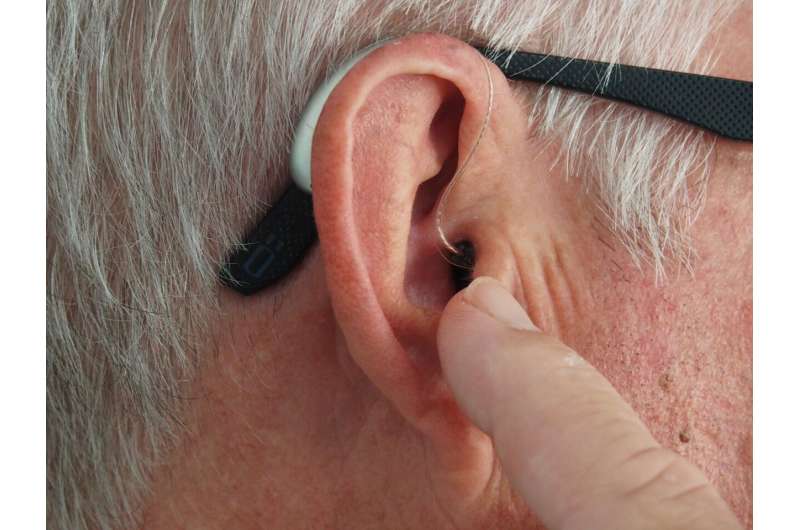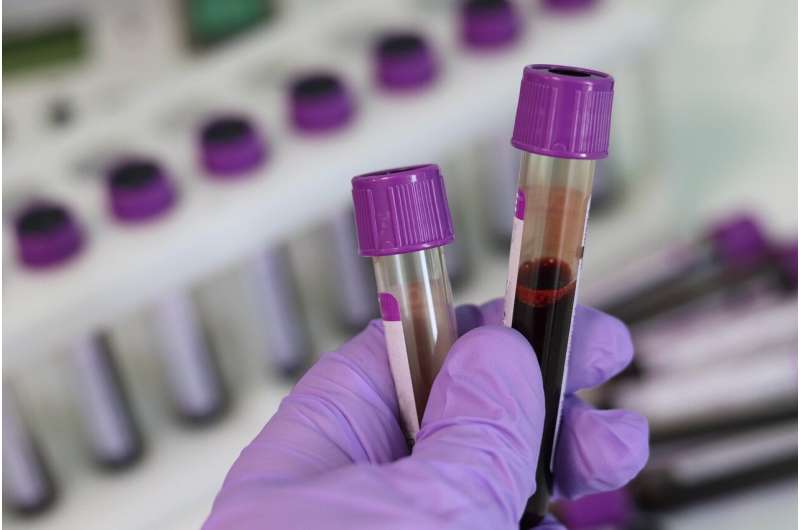First US Patient Treated with Advanced Proton Beam Arc Therapy for Rare Cancer

In a groundbreaking medical achievement, a patient in the United States has become the first to undergo treatment with a cutting-edge technique known as step-and-shoot proton arc therapy at Corewell Health William Beaumont University Hospital in Royal Oak, Michigan. This innovative approach to radiation therapy aims to target tumors with unprecedented precision while minimizing side effects commonly associated with traditional radiotherapy.
Proton beam therapy has been a valuable tool in cancer treatment, but recent technological advancements are enhancing its effectiveness. The newly implemented step-and-shoot proton arc therapy delivers a continuous, automated proton beam directly to the tumor, reducing lag time between doses and allowing for more precise conforming of radiation to the tumor's shape. This method significantly spares adjacent healthy tissues and vital organs, thus reducing the likelihood of adverse effects.
The case involves 46-year-old Tiffiney Beard from Redford, Michigan, who was diagnosed with a rare, invasive tumor called adenoid cystic carcinoma in her salivary gland in early 2024. Known for its tendency to invade nerves and resist conventional treatments, this type of tumor has historically been difficult to treat without significant side effects like fatigue, pain, and neurological issues.
Dr. Rohan Deraniyagala, a radiation oncologist at Corewell Health, explained that tumors like these often seek out nerves, leading to symptoms such as headaches, difficulty swallowing, and memory problems. However, thanks to the advanced proton arc therapy, Beard experienced minimal side effects—only light skin discoloration—and completed her 33 treatment sessions in just three months without missing work or family activities. She remains cancer-free nearly a year post-treatment, with no evidence of radiation toxicity.
Beard's successful treatment highlights the potential of proton arc therapy to offer effective tumor control with fewer side effects. Her case is set to be presented at the upcoming International Symposium on Proton Therapy and the Particle Therapy Cooperative Group annual meeting. The study has also been published in the International Journal of Particle Therapy.
Current research at Corewell Health is further advancing proton therapy with the development of DynamicARC, a next-generation delivered system that aims to improve targeting accuracy even more. This ongoing innovation reflects a promising future for precision cancer treatments, potentially transforming outcomes and quality of life for patients.
Proton therapy continues to evolve rapidly, and experts like Dr. Deraniyagala are hopeful that patients with complex tumors will benefit from these technological advances. The goal is to achieve maximal effect on the tumor while sparing normal tissue, leading to fewer side effects and better overall outcomes.
Source: https://medicalxpress.com/news/2025-04-patient-rare-cancer-highly-accurate.html
Stay Updated with Mia's Feed
Get the latest health & wellness insights delivered straight to your inbox.
Related Articles
Innovative Blood Test Accelerates Diagnosis of Thousands of Rare Genetic Disorders
A new innovative blood test offers rapid and minimally invasive diagnosis for thousands of rare genetic diseases, promising faster treatment and better outcomes for patients worldwide.
New Insights into Alzheimer's Disease: Tau and Amyloid-β Protein Interaction Reduces Toxicity
New research reveals that direct communication between tau and amyloid-β proteins can reduce Alzheimer's toxicity, offering promising insights for future therapies.
Revolutionary mRNA Vaccine Technology Developed to Combat Antibiotic-Resistant Bacteria
Researchers have adapted COVID-19 vaccine technology to create the first effective mRNA vaccine against antibiotic-resistant bacteria, showing promising results in animal models. This breakthrough paves the way for new bacterial vaccines using mRNA platforms.



